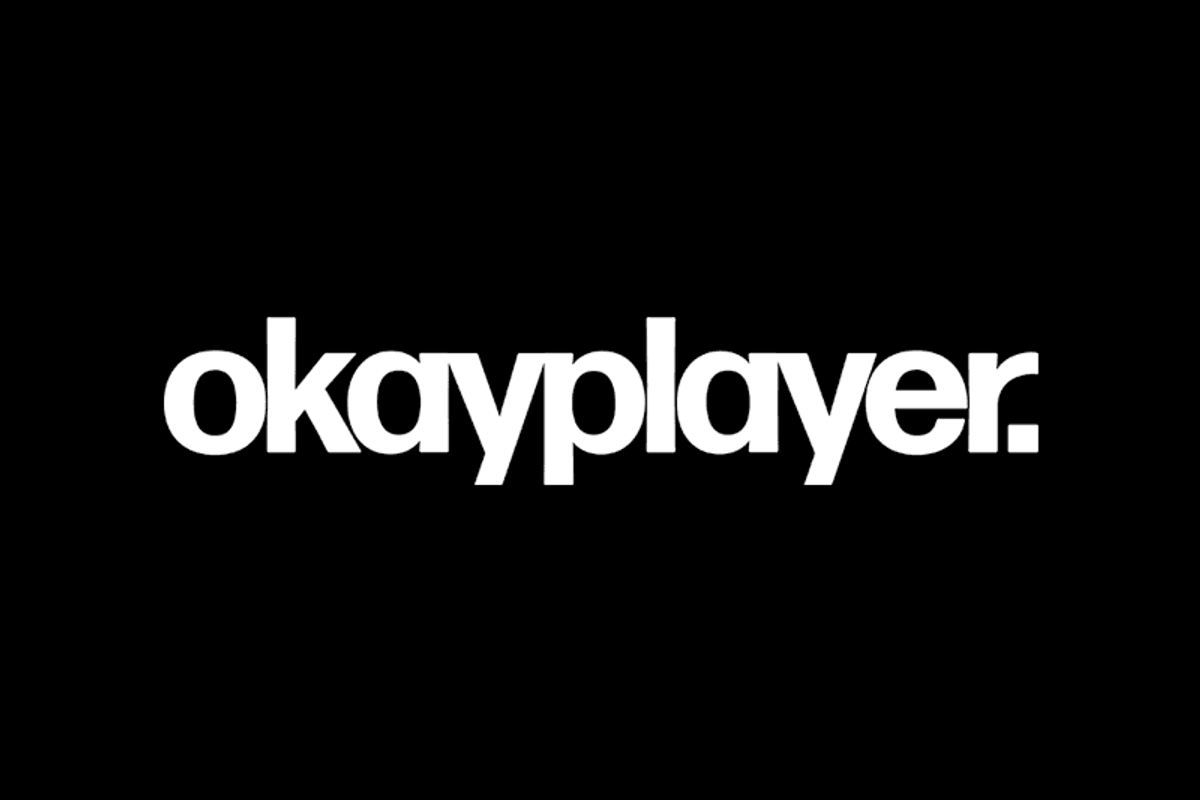
Jay Z' Next Movie Will Be A Trayvon Martin Film & Docuseries
Photo of Harvey Weinstein & Jay Z courtesy of Twitter.
To continue reading
Create a free account or sign in to unlock more free articles.
By continuing, you agree to the Terms of Service and acknowledge our Privacy Policy
Register
The content is free, but you must be subscribed to Okayplayer to continue reading.
THANK YOU FOR SUBSCRIBING
Join our newsletter family to stay tapped into the latest in Hip Hop culture!
Login
To continue reading login to your account.
Forgot your password?
Please enter the email address you use for your account so we can send you a link to reset your password:


Earlier today, TIME published an essay written by Jay Z.
In the essay, Jay takes aim at the criminal justice system. In particular, Hov focuses on the unjust bail bond system, which keeps poor people who can't afford bail in jail. In the essay, Jay says it's something he became "obsessed with" after executive producing the Time: The Kalief Browder Story. That docuseries told the story of Kalief Browder, the 16-year-old who spent three years on Rikers Island mainly because his family couldn't afford to make bail.
Hov goes on to write:
"When black and brown people are over-policed and arrested and accused of crimes at higher rates than others, and then forced to pay for their freedom before they ever see trial, big bail companies prosper. This pre-incarceration conundrum is devastating to families. One in 9 black children has an incarcerated parent. Families are forced to take on more debt, often in predatory lending schemes created by bail bond insurers. Or their loved ones linger in jails, sometimes for months—a consequence of nationwide backlogs. Every year $9 billion dollars are wasted incarcerating people who've not been convicted of a crime, and insurance companies, who have taken over our bail system, go to the bank."
Now Jay is planning to do something about it. This Sunday is Father's Day, and Jay Z plans on celebrating it by bailing out incarcerated fathers who can't make bail. He's doing this by donating money to Southerners on New Ground and Color of Change, two organizations who recently bailed out 100 mothers for Mother's Day.
READ: '4:44' Has a Release Date...Is It a New Jay Z album?
Wrapping up his essay, Hov writes:
"As a father with a growing family, it's the least I can do, but philanthropy is not a long fix, we have to get rid of these inhumane practices altogether. We can't fix our broken criminal justice system until we take on the exploitative bail industry."
Read the entire essay at TIME.
SOURCE: TIME